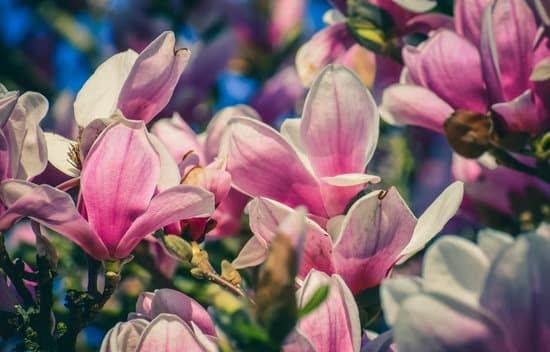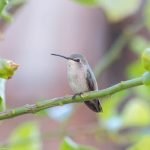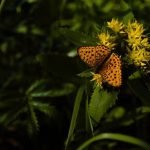Include a section on resources
Books:
1. Wear Sunscreen: An Alphabet For Gardeners, by Mary Schmich
2. Compost Stew: An A to Z Recipe for the Earth, illustrated by Laurie Keller
3. What Can I Dig Up?: A Look at Gardening Tools and Simple Machines, by Rebecca Rissman
4. It’s Composting Time!, illustrated by Zoe Burke
5. Bounce!: A Vid Kid Science Adventure with Ferdinand Fox, by Maggie Moosie
Websites:
1. gardeningknowhowkids.com
2. www.dontwastethecrumbs.com/kids-gardening-projects
3. www.bbcbitesizeks1and2natureandoutdoors/compareplants
4. www.sciencestruck.com/garden-activities-for-preschoolers
5. mouseclickappleseedsaloftlearningactivities/gardening_downToEarth_allLevels
Movies:
1. FernGully: The Last Rainforest (1992)
2. A Bug’s Life (1998)
3. Horton Hears a Who! (2008)
4. The Lorax (2012)
5 .Song of the Sea (2014)
Include a section on ethical gardening
Encouraging ethical gardening in preschoolers can be a great way to instill sustainable habits from a young age. To do this, explain the importance of taking care of the environment, such as how a healthy garden helps support animals and provide food for humans. Talk about techniques such as companion planting and natural pest control that help reduce the negative impact on the environment. Involve children in plant selection—which plants are best for their garden space? Encourage them to do research and answer any questions they may have about the types of plants to use and how to grow them correctly. Explain the connection between garden work and protecting our planet, so they can understand why sustainable practices are so important. Finally, use fun activities such as scavenger hunts or outdoor games to get preschoolers actively involved in gardening. Through these activities, they can form positive social relationships with nature while learning how their actions directly contribute to the health of their garden and earth.
Include a section on creative fun
A great way to encourage creative fun for preschoolers through gardening activities is to involve the natural environment. Taking them on a bug hunt, for instance, is both educational and entertaining. Have them gather in a big circle around a shady tree and have each person take one step away from it while keeping their eyes peeled for snails, worms, ants, or any other bugs they may find. When they spot something, they should cover their mouths with their hands to stay quiet; then point out the bug before moving towards it slowly. Afterwards, give them containers so they can collect different bugs and inspect them more closely.
When exploring naturecrafts, you can provide various materials such as flowers and leaves for your preschoolers to paint pictures or build sculptures with. You can also get creative by using seed pods, twigs, berries and stones of various sizes and shapes to build a mobile or mini village. Children can also create their own fairy houses from old tea cups hidden in the forest corner of the garden if there is enough space. Ideas such as these will help young minds explore their creative side and further develop an affinity with nature!
Include a section on nutrition
Gardening is a fun and informative activity for preschoolers that can help to introduce them to the world of nutrition. As they watch their garden grow, preschoolers learn about where food comes from – soil, water, sunshine – and why it’s important to eat a balanced diet. Gardening helps to reinforce the idea that fruits, vegetables, and other foods like grains are not just found in the grocery store. Watching how things grow outside with care can help young children to gain an understanding of freshness and benefits of eating fresh produce over processed food. In addition, gardening helps young children to become more aware of their environment and how it impacts the food they eat, by teaching them kindness and respect for nature.
Include a section on reflection
In addition to the hands-on activities of planting and maintaining plants, a gardening activity for preschoolers should also include a section on reflection. Reflection is an important part in evaluating what was learned from the experience and helping young children to understand why gardening matters.
There are many ways preschoolers can reflect their gardening experiences. They can discuss what lifecycles of different plants they observed, conduct research related to the topics covered in the garden or keep a nature journal with sketches and descriptions of what they saw in and around the garden. A craft component could also be included where children make objects such as tree decorations or small sculptures out of natural materials found around the garden. By engaging in activities that combine movement and discussion, preschoolers will get deeper insights into their gardens’ importance as well as build connections with nature.

Welcome to my gardening blog! I am passionate about plants and enjoy sharing my knowledge and experiences with others. In this blog, I will write about everything related to gardening, from tips on how to get started to updates on my own garden projects.





